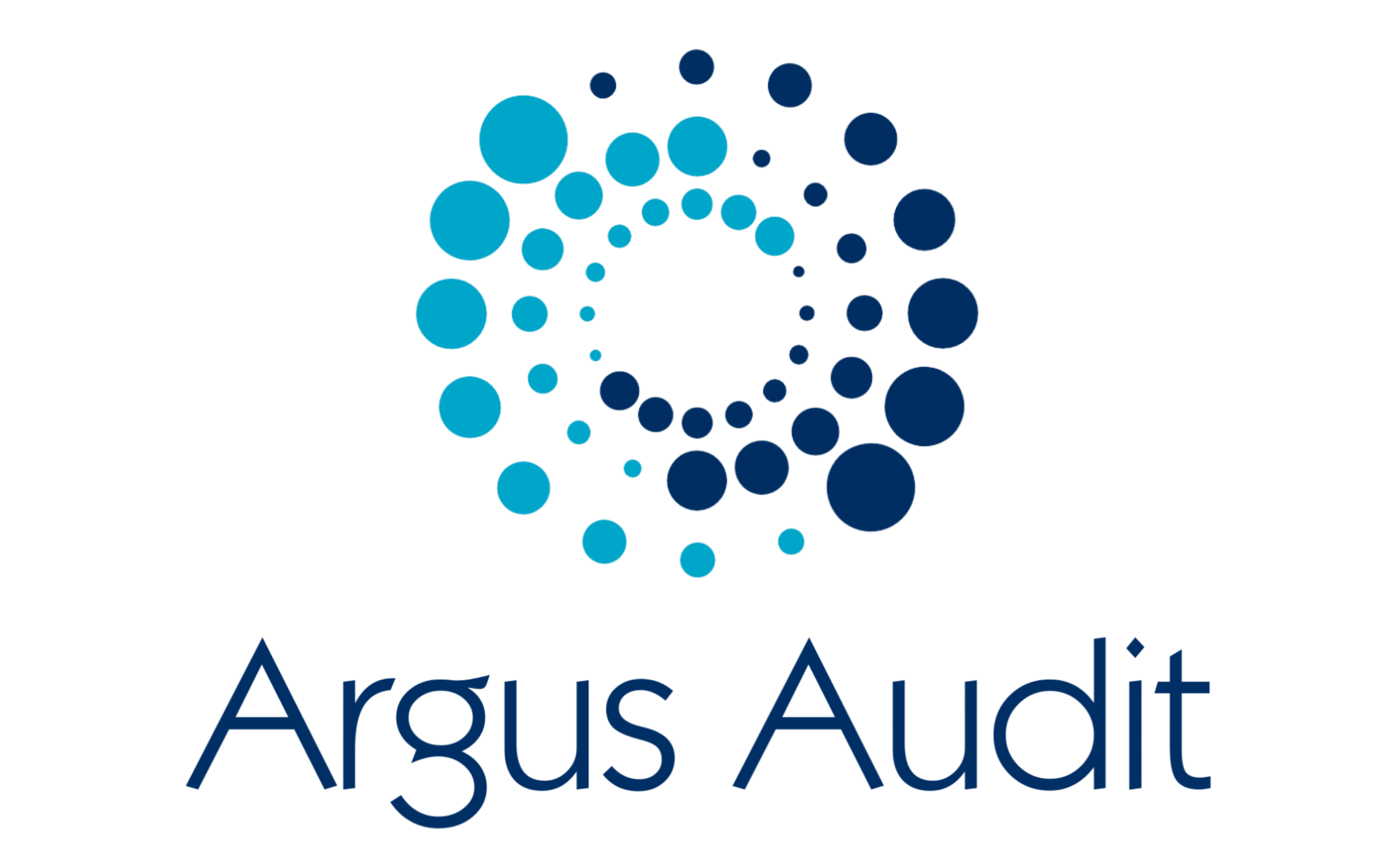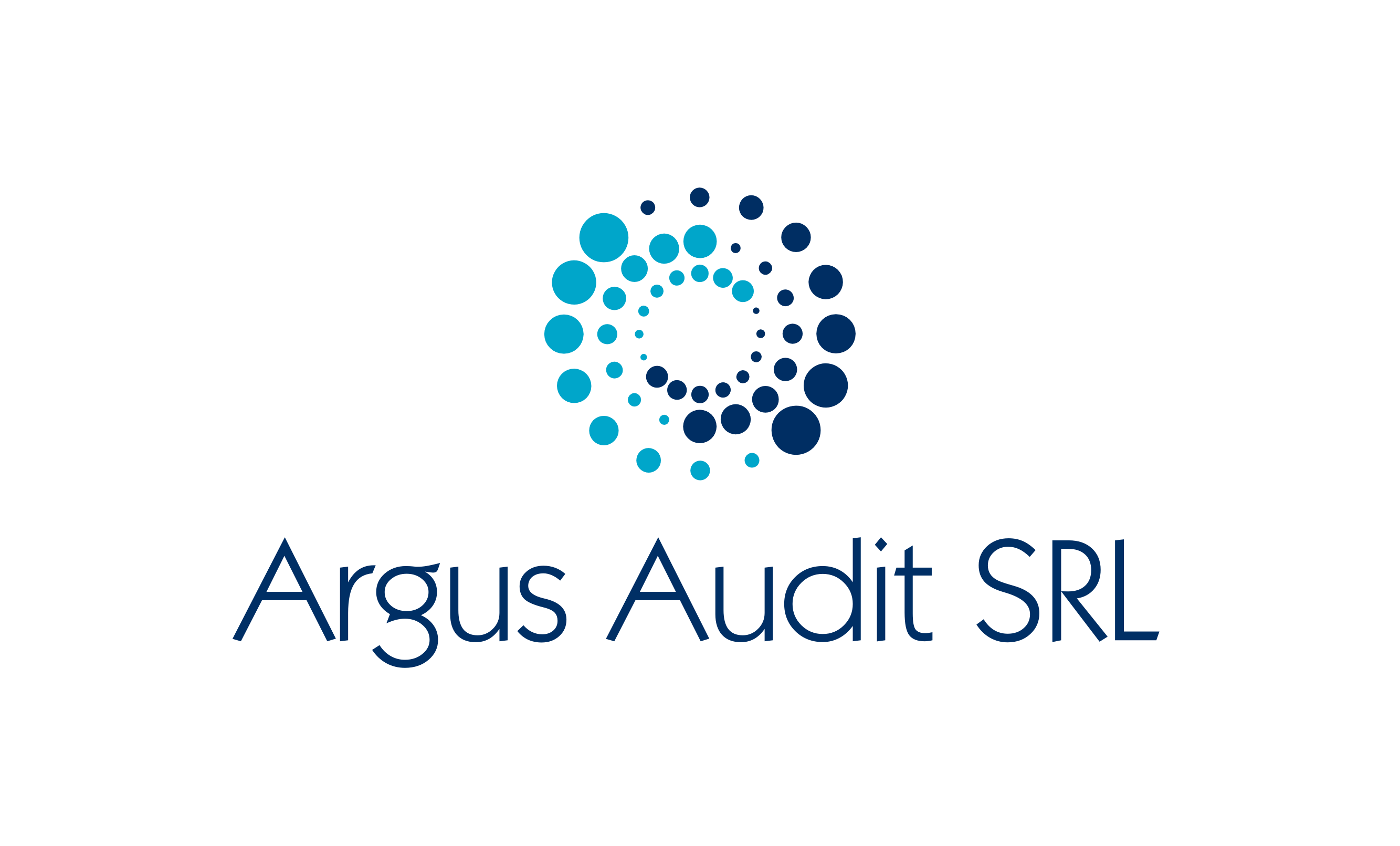In February 2023, we participated at the conference held by Ziarul Financiar with BDO Business Restructuring and Bondoc si Asociatii Law Firm – “The preventive restructuring – a solution for averting company insolvency” where there were widely debated issues regarding the pre-insolvency instruments that are available to companies. We consider it helpful to share with you relevant information.
According to Earlt Warning Europe, more than 200.000 EU businesses face insolvency yearly, and 1,7 million jobs are lost in the EU due to insolvency. As per data provided by the Trade Register, at the level of Romania, in 2022, approx. 6.700 companies went into insolvency.
The change of the local insolvency legislation and the creation of pre-insolvency instruments adapted to the needs of the current business market came at the right moment.
Adopted in 2019, Directive (EU) 2019/1023 targets the preventive restructuring frameworks, the discharge of debt and disqualifications, and measures to increase the efficiency of procedures concerning restructuring and insolvency. The Directive aims:
- aims to contribute to the proper functioning of the internal market and the reduction of barriers to the free movement of capital;
- to be considered an effective remedy for dealing with the financial difficulties faced by entrepreneurs;
- to encourage out-of-court procedures to relieve the role of courts of law by extending the scope of preventive restructuring frameworks outside the judicial system.
In Romania, since the adoption of Law nr. 85/2014, there had been introduced insolvency prevention procedures, namely the ad-hoc mandate and the preventive arrangement, had the role of resolving the financial difficulties of the debtors to save the business, keeping jobs and covering existing claims.
The number of entrepreneurs who resort to these solutions is reduced because they either need to be made aware of them or it is necessary to change the mindset in the Romanian business environment.
Directive (EU) 2019/1023 was transposed into the national legislation by adopting Law no. 216/2022, which amends insolvency proceedings and other normative acts, which entered into force on 17 July 2022.
Preventive restructuring is a procedure that any company can resort to, regardless of turnover or activity domain. However, it is mainly addressed to SMEs exposed to a higher risk of insolvency. Examples of threats: the situation in which a critical client/supplier is lost, the company cannot get a bank loan, or encounter other difficulties that are not financial, but that affect the company’s activity.
At the European level, specific structures help companies in difficulty – “Early Warning Europe” – and offer free legal advisory services in business restructuring. In Romania, tax authorities alert the representatives of the companies about the non-fulfillment of certain obligations. The tax liabilities can be rescheduled under certain conditions.
Preventive restructuring must be seen as an alternative to insolvency given to entrepreneurs. Regarding the recovery of receivables, the percentage of recovery at the EU level, within the preventive restructuring procedure, is 80 – 90%, compared to 10 – 30% as it is in the insolvency procedure.
Preventive restructuring involves:
- The debtor initiates a direct, individual, or collective negotiation with all or part of the creditors.
- A differentiation of the affected receivables from the unaffected ones will be made, thus offering a real chance of approval of the restructuring agreement by the creditors, given that it is voted only by the creditors whose claims will be affected by the implementation of the agreement.
- The procedure involves a high degree of confidentiality, being at this stage an out-of-court procedure; only after the negotiations and obtaining the votes will the confirmation request to the syndic judge, who only ticks whether the elements are met.
- The debtor chooses the restructuring administrator from the authorized insolvency practitioners.
- Neither forced executions, nor the flow of interests shall be suspended. The premise of starting negotiations is a good relationship between the debtor and the creditors.
- There is no limit to the negotiation period and no maximum period of the agreement, but monitoring by the restructuring administrator is mandatory for at least three years.
- The restructuring agreement may undergo successive amendments due to the negotiations; all parties involved have the right to insert those clauses that help them.
- The employees’ jobs will be kept.
- The obligation to communicate to the affected creditors a quarterly analysis report that presents how to fulfill the restructuring agreement exists.
- If the restructuring plan’s provisions are, the syndic judge will pronounce the closing decision, and the deleted debts remain permanently deleted.
- In case of non-fulfillment of the restructuring plan, the confirmation will be made by the syndic judge, and the effect is the rebirth of the diminished debts as a result of payments made during the procedure, including the interest and late payment penalties whose flow was suspended.
Preventive restructuring is essential to a healthy business environment, preserving jobs and helping economies pay off economic shocks caused by non-performant loans or the loss of a business partner more easily.
Sources:
- The conference held by Ziarul Financiar together with BDO Business Restructuring and Bondoc si Asociatii Law Firm – “The preventive restructuring – a solution for averting company insolvency”
- www.earlywarningeurope.eu
- Directive (EU) 2019/1023 of the European Parliament and of the Council of 20 June 2019 on preventive restructuring frameworks, on the discharge of debt and disqualifications, and on measures to increase the efficiency of procedures concerning restructuring, insolvency, and discharge of debt, and amending Directive (EU) 2017/1132 (Directive on restructuring and insolvency)
- Law no.85 /2014 on procedures destined to prevent insolvency and insolvency
- Law no. 216 of 14 July 2022 amends and supplements Law 85/2014 on insolvency prevention and insolvency proceedings and other legislation


